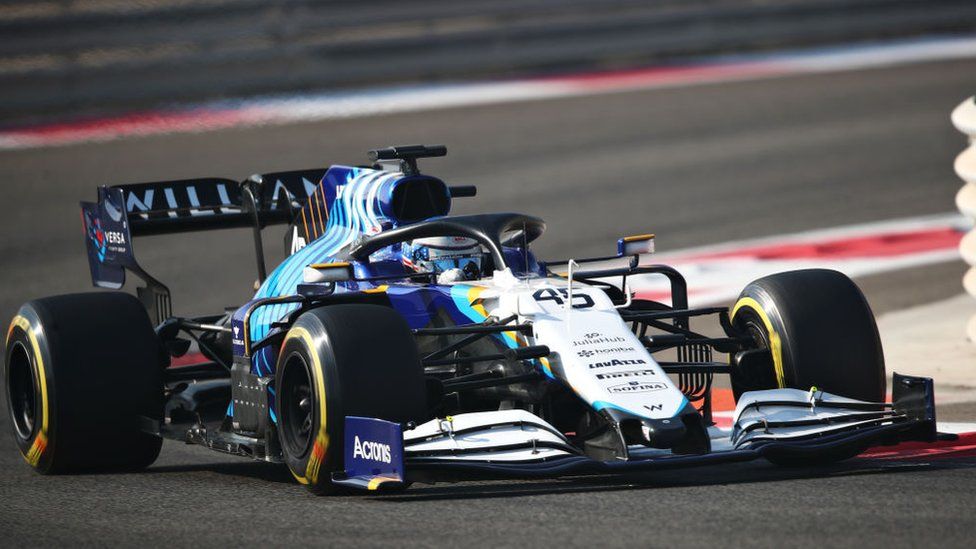The mining giant founded by Australia’s richest man is buying the battery and technology arm of the Williams Formula One racing team for $222.2m (£164m).
Fortescue Metals will purchase UK-based Williams Advanced Engineering from private equity firm EMK Capital and Williams Grand Prix Engineering.
The deal is aimed to help the iron ore producer achieve its target to be carbon neutral by 2030.
One of the first projects to be developed will be a battery train.
“This announcement is the key to unlocking the formula for removing fossil-fuel powered machinery and replacing it with zero carbon emission technology,” Fortescue’s founder and chairman, Andrew Forrest, said in a statement.
Mr Forrest, who has an estimated net worth of more than $18bn (£13.3bn), is known for investing in sustainable energy projects.
Under the deal, Oxfordshire-based Williams Advanced Engineering (WAE) will be integrated into the Fortescue’s clean energy unit.
The Perth-based miner said it plans to use WAE’s battery technology to power its freight trains, heavy industrial equipment and haulage trucks.
Fortescue has been developing a prototype battery for heavy industrial use since early last year.
Over the next decade, Mr Forrest aims to transform the world’s fourth-biggest iron ore producer into one of the world’s leading clean energy producers.
WAE, which calls itself “a world-leading technology and engineering business”, was set up in 2010 by the Williams grand prix team to develop low carbon technology for vehicles.
Private equity firm EMK Capital bought a majority stake in the business just over two years ago.
The move comes after the outgoing president of the International Automobile Federation (FIA) Formula One motor racing Jean Todt told the BBC that it will not be possible for the sport to go electric for decades, saying: “It’s simply not possible.”
“In Formula One, a race distance is about 200 miles (305km). Without recharging, with the performance of the cars, electricity will not allow that,” he added.
“Maybe in 20 years, 30 years, I don’t know. But at the moment it would be simply impossible.”
Separately last week, a firm planning mass production of electric car batteries in the UK secured government funding for its proposed factory in Northumberland.
Britishvolt announced plans for the so-called gigafactory in Cambois two years ago, saying it would create 3,000 jobs.
The BBC understands the government has committed about £100m through its Automotive Transformation Fund.
Britishvolt also announced backing from investors Tritax and Abrdn, that should unlock about £1.7bn in private funding.

You may also be interested in:
This video can not be played
To play this video you need to enable JavaScript in your browser.


























